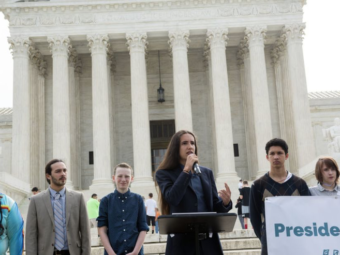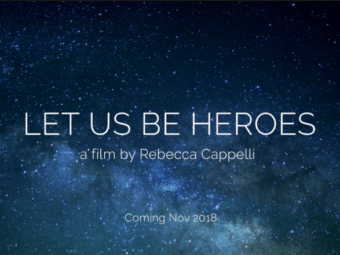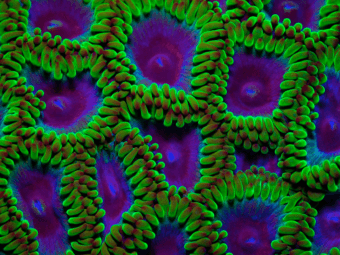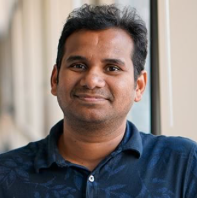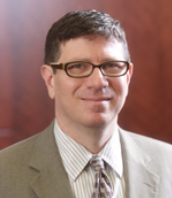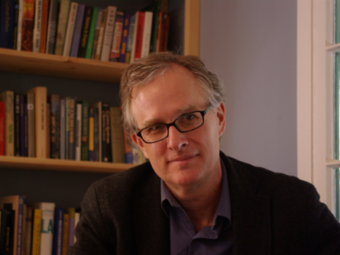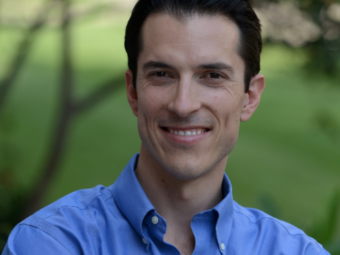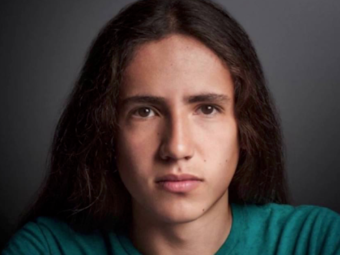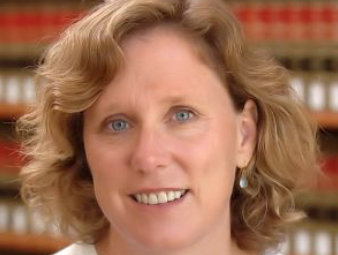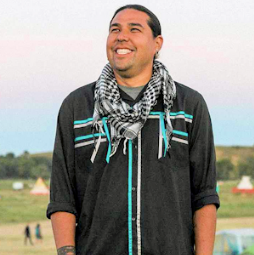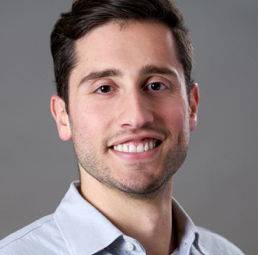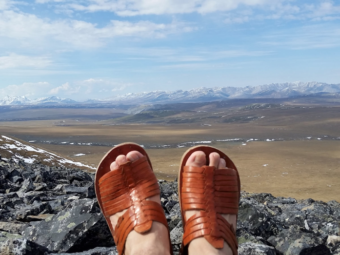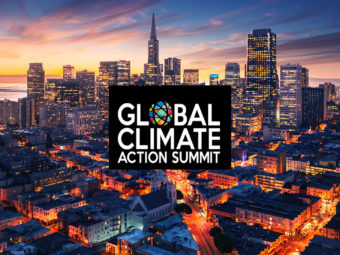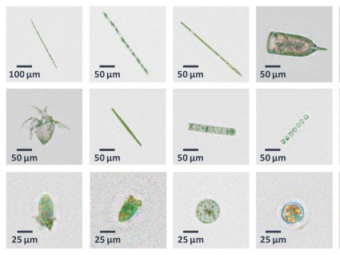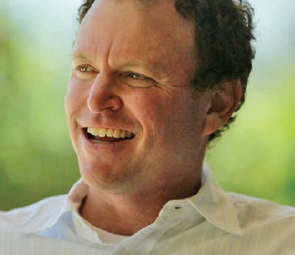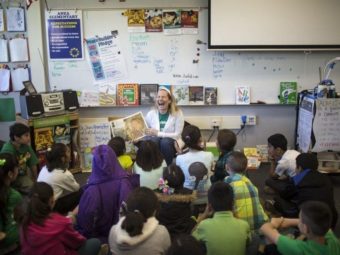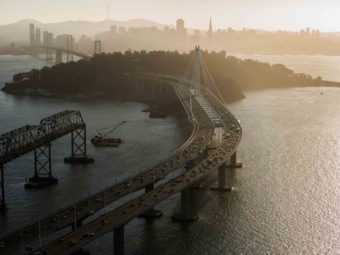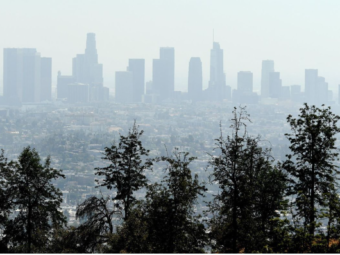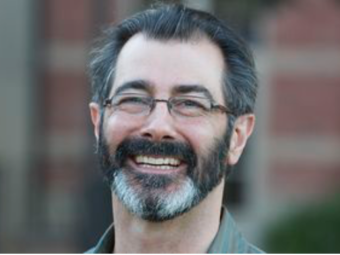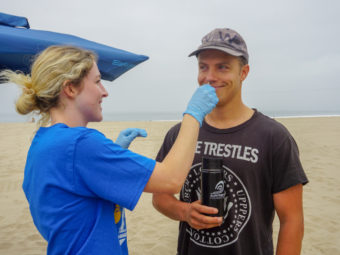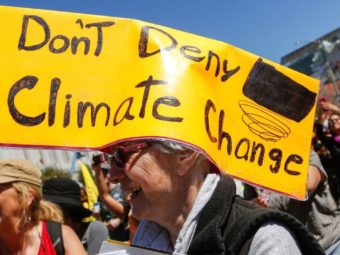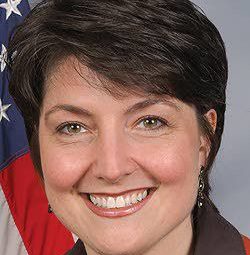IoES in the News
Blog
The Supreme Court stepped in to stall a climate lawsuit. That’s really weird.
Ann Carlson, a professor of environmental law at the University of California Los Angeles, said that the Supreme Court stepping in on a case like this strongly suggests there’s something…
Headline
Pritzker nominee, Peter Hammarstedt, in a new vegan documentary
A new vegan documentary will be available to watch online – including on Plant Based News‘ YouTube channel and Facebook page – from November 11. The film, Let Us Be…
Headline
Animal Collective’s “Tangerine Reef”: Myth, Mystery and Subtle Environmentalism
That environment of the unknown — and protecting it — was the inspiration behind the band Animal Collective’s latest album and video, Tangerine Reef. Created to coincide with the International…
Blog
Wallet Hub- 2018’s Most and Least Energy Efficient States
UCLA’s Deepak Rajagopal answers: What is the biggest mistake consumers make when trying to make their homes more energy efficient?
Headline
Paint makers have to pay for lead cleanup
It’s been debated for years, but the U.S. Supreme Court has ruled that paint companies need to clean up the mess from its lead paints.
Headline
Green Gentrification, Jon Christensen in LA Times
Concerns about gentrification in Los Angeles have reached the point where it’s not just art galleries and coffee shops that trigger alarm bells — parks and bicycle paths are in…
Headline
Alan Barreca in Yale Climate Connections
Barreca: “In the context of climate change, more hot weather is going to hinder people’s ability to have the family size that’s right for them.”
Headline
Pritzker nominee, Xiuhtezcatl Martinez, helps launch National Absentee Ballot Day
DoSomething.org is partnering with incredibly influential and impactful brands to register young people, including theSkimm, Warby Parker, PopSugar, When We All Vote, Upworthy, Quizlet, Reddit, Twilio, CAA, Smosh, Sweetgreen, Splashthat,…
Headline
Ann Carlson in The Atlantic
“Ann Carlson, a professor of environmental law at UCLA, worries about a case that the Court will likely hear in the next few years: whether the Trump administration can revoke…
Headline
Dallas Goldtooth, Pritzker nominee, in Sierra Magazine
This is a process. We have all been affected by capitalism, colonization and white supremacy. As such, it's going to take all of us—native and non-native alike—to dismantle these systems of oppression. However, White allies in particular must be held accountable for their role in the dismantling of white supremacy and extractive economies. We need our allies to join us in pushing back against the narratives of colonization and to incorporate the frameworks of intersectionality, indigenous feminism, and indigenous story-based strategies in their allyship.
Headline
Climate change could cause drought and intensified storms- Neil Berg
Essentially, the system is becoming more volatile, said Neil Berg, an associate director of UCLA’s Center for Climate Science. “We might have the same amount of water over a 20…
Blog
José González, Pritzker nominee, in Bay Nature
“To me, my relationship with the outdoors and nature starts with the look, sound, and feel of my huaraches”.
Headline
Alan Barreca- Does climate change affect fertility?
According to a new study published in the journal Demography, global warming is making it more difficult for couples to conceive.
Headline
Real Estate Magnate Donates $15M Toward UCLA Botany Building Renovation
UCLA alum and longtime benefactor Morton La Kretz donated another $15 million toward renovation of the Westwood campus’ Botany Building, padding the $5 million he previously gave to the project,…
Blog
Young climate heroes on display at summit
By Amanda Wagner The biggest news from last week’s Global Climate Action Summit came from Governor Jerry Brown, who signed Senate Bill 100, committing the state to 100 percent clean…
Headline
UCLA researchers developing improved device for detecting dangerous algal blooms- Daily Bruin
At 6:30 a.m., before summer crowds swarm the beach, Aydogan Ozcan and his research team arrive below the Santa Monica Pier. One researcher scoops up ocean water with a jar…
Blog
Dan Cooper “A Birding Interview”
Noah Strycker, who holds to world record for birding, writes: "In this entertaining Birding interview, Cooper dishes about SoCal’s dippers, jackrabbits, fritillaries, and Ficus—and the connections that keep it all real".
Headline
Like it or not, immigrant children are our future
If the 20th century was the century of mass migrations, the 21st century will be the century of the children of immigrants. The reality is that the children of immigrants are the only sector of the population in nearly all high-income countries that is growing, and we must seek to integrate them.
Headline
Fresno Heat and Foul Air Set Stage for Trump Tailpipe Debate
“The Central Valley supported Trump over Hillary Clinton and its auto dealers have been plaintiffs in cases challenging California’s emissions standards,” said Ann Carlson, a University of California at Los Angeles law professor. “This is ironic because the auto standards Trump wants to repeal would go along way toward cleaning up the valley’s air pollution.”
Headline
Michael Jerret- LA Times
“There’s no question that people with preexisting lung diseases, particularly asthmatics, have had a harder time this year than they would have in previous years where there weren’t so many exceedances,” said Michael Jerrett, who chairs the Department of Environmental Health Sciences at UCLA’s Fielding School of Public Health.
Headline
David Neelin- UCLA Newsroom
"David Neelin, UCLA professor of atmospheric and oceanic sciences, is leading a new multi-institutional research project that has been awarded a $1.63 million grant by NOAA Research’s MAPP Program to create a one-stop shop of diagnostic tools for scientists to help streamline the process for improving their weather and climate models. “Diagnostics” refers to finding the best way to analyze observations and make sure every step of the physical process is well understood and represented in the scientific models".
Headline
LA Surfers Are Covered In Germs And Scientists Are Stoked To Study Them
UCLA scientists are studying two strains of antibiotic-resistant bacteria at 17 beaches along the California coast. However, "you can't do an experiment where you purposely put [regular] people into an environment with antibiotic-resistant bacteria," said Dr. Jennifer Jay, a professor of civil and environmental engineering and the project's lead researcher. This makes surfers the perfect subjects to test for the bacteria strains. The experiment will be testing 40 surfers and 40 non-surfers to examine the movement and impact on germs.
Headline
How far can California push the nation — and the world? Jerry Brown’s climate summit may provide the answer
The world gathered in San Francisco, CA to make its own path and take action against climate change. People doubt what a single state can do, however, “California is big enough and splashy enough, and Jerry Brown is famous enough, that people are paying attention to what California is doing about it,” said Ann Carlson, UCLA environmental law professor.
Headline
PREVIOUS Weekend Roundup The forecast calls for temperatures reaching the low 70s in the Lewiston-Clarkst… NEXT UP On This Date Stories published in the Lewiston Tribune on … Republicans tout benefits of Snake dams at hearing
A complex species and river management issue has “been reduced to a simple symbolic battle — a battle involving a choice between evil dams and the certain loss of an iconic species,” wrote Peter Kareiva, Director of UCLA's Institute of the Environment and Sustainability.
Headline
Lawmakers: Don’t blame Snake dams for grieving mother orca
There has been commotion over the four lower Snake River dams, especially with the image of an endangered killer whale pushing her dead calf along the Washington coast. Opposition comes together to fight the dams. “There is no doubt that dams have caused salmon declines, but the operators of the dams have spent billions of dollars to improve the safety of their dams for salmon, and it is not certain the dams now cause higher mortality than would arise in a free-flowing river,” said Peter Kareiva, director of UCLA Institute of the Environment and Sustainability.

